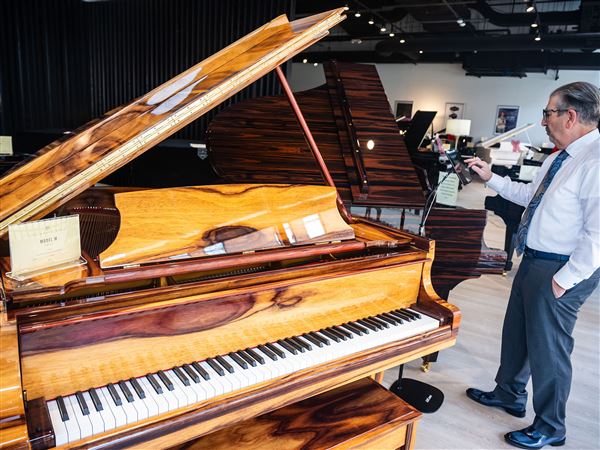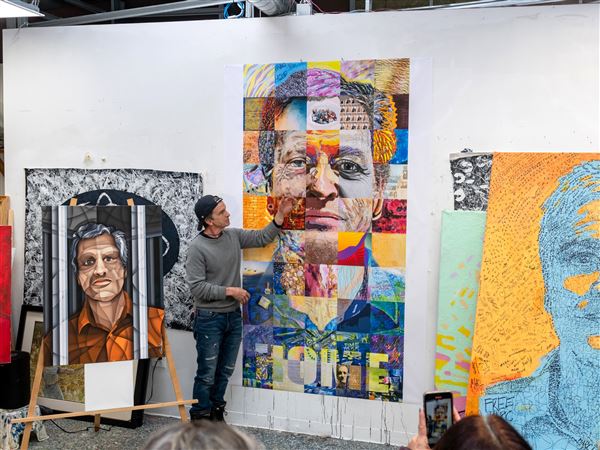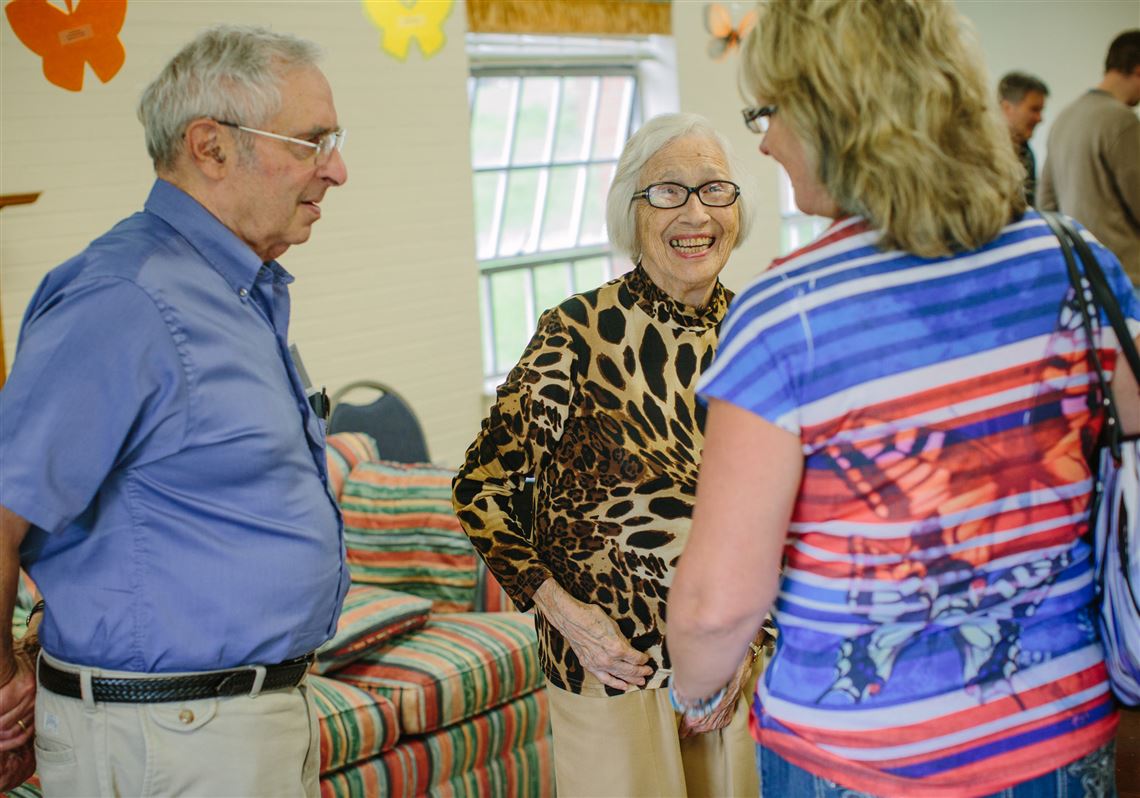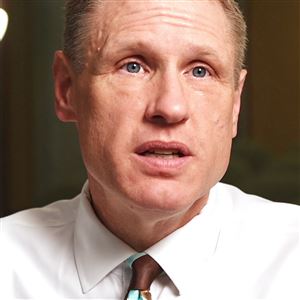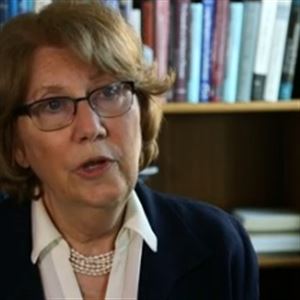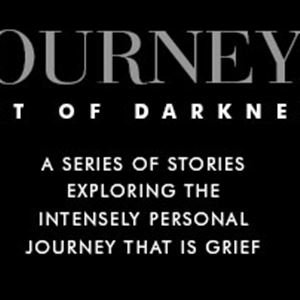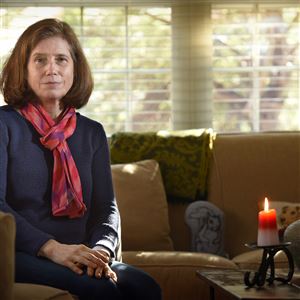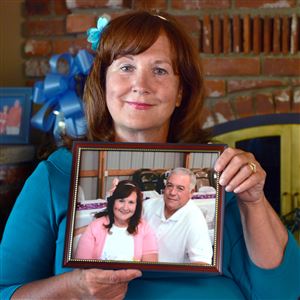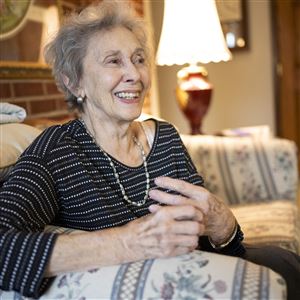Every person who has lost a beloved parent, child, friend or spouse knows. Grief never completely goes away.
“There used to be this concept of closure, [where some people] said here are the stages of grief and then there is closure and that’s the end of it,” says Geoffrey Warburton, a grief counselor based in the United Kingdom. “But it turns out this attempt at closure itself creates stress. We think we have to get over grief and get somewhere, but you can’t get over love. It’s not possible.”
For most people, grief does tend to lessen over time and take on a different shape. But during its most intense phase, it has both an emotional and a physical impact, making people more vulnerable to infections and other diseases.
The day after a loved one dies, a person’s risk for having a heart attack is 20 times greater than normal, says Mary Frances O’Connor, a grief researcher at the University of Arizona. The overall risk for health problems in surviving family members is elevated in the first six months after a death, and men who have lost a spouse have twice the normal death rate from all causes during that period.
One part of the stress response in people’s bodies is inflammation of blood vessels, tissues and organs, which can contribute to everything from heart disease and stroke to diabetes and cancer. Scientists know that one substance that contributes to inflammation is a protein called interleukin 6, or IL-6, and that some people carry genes that make them more vulnerable to its effects.
In a study her team did, Ms. O’Connor found that widows who had the protective version of the IL-6 gene had no more inflammation than married couples did, but widows who had the high-risk version of the gene had twice as much inflammation.
While most people feel less anguish as time goes on, everyone will hurt after a death.
Mr. Warburton thinks it’s vital not to try to bury that pain.
“We are so shaped by white Western culture, we are already conditioned to a certain degree to say ‘How can feeling pain or terror possibly be a good thing?’,” he says, “and we tend to believe we need to medicate those feelings or change our thoughts about those feelings.”
Lillian Meyers, a certified grief counselor from Bethel Park, has sensed the same cultural problem. “Margaret Mead used to say, when a baby’s born, we rejoice. When a couple is married, we’re jubilant. When someone dies, we pretend it never happened.”
Because many people are so uncomfortable talking or thinking about death, Ms. Meyers said, it is vital to have friends who understand what you are going through and can provide the right kind of support.
Her son Jimmy died in 1981 when the car he was driving skidded on black ice and rammed into a telephone pole, slamming the steering wheel into his chest. He was walking and talking after the collision, but unbeknownst to anyone, the impact had damaged his aorta, and he bled to death in the ambulance on the way to the hospital.
Ms. Meyers, who had worked at state mental hospitals for years, thought her colleagues would be there “to support me in this terrible journey I was on. They were there when Jimmy died and they came to the funeral home, but they weren’t as present a couple weeks later.”
Finding a good support group, such as the Compassionate Friends organization she helps to lead, can be very helpful, especially for those who are burdened by any feelings of guilt about how their loved one died.
Letting go of such guilt after someone dies is crucial for being able to embrace life again, said Mr. Warburton.
In a 2012 talk, he spoke about how he struggled with that issue in the years after his brother Chris died in a car accident.
“I felt guilty that he was in that car crash, and not me. So I imagined, what would he say to me? And this is what I got — ‘you stupid git. Don’t be so daft.’
”It was a kind of wake-up call, and I stopped and thought, we honor the dead more by choosing to live well.
“It’s crazy for us to live life less because somebody died,” he said in an interview. “We’re actually adding more pain to the world when we do that. It’s not a matter of denying the pain — that’s very different. It’s looking death smack dab in the face and honoring the truth of it.”
Mark Roth: mroth@post-gazette.com, 412-263-1130 or on Twitter @markomar
First Published: March 14, 2016, 9:48 a.m.
